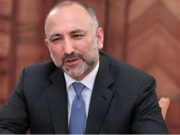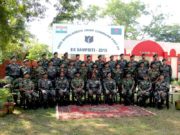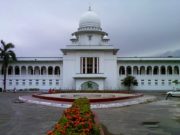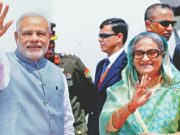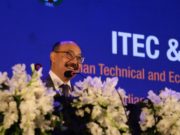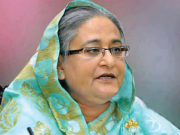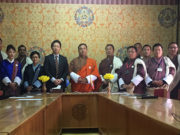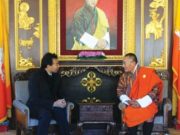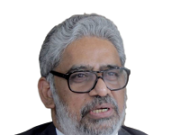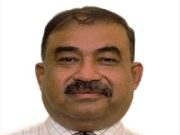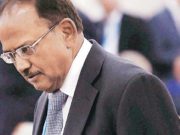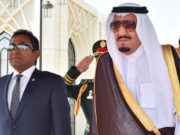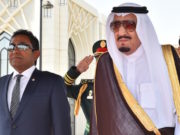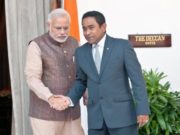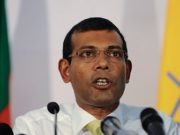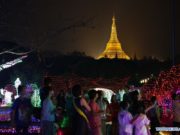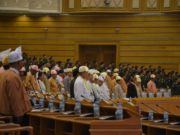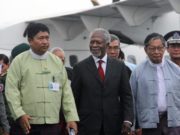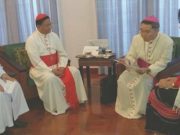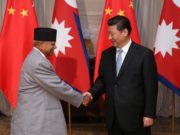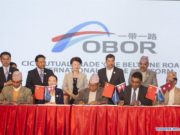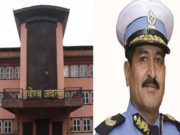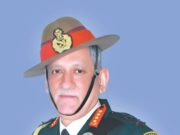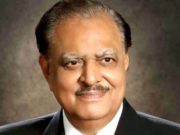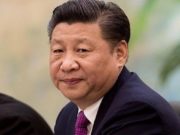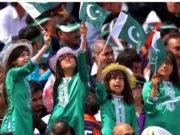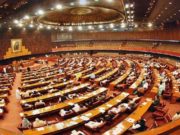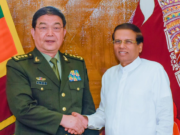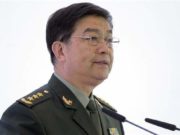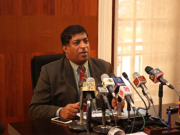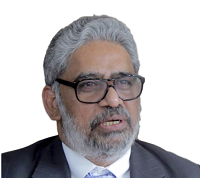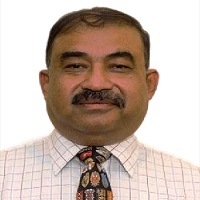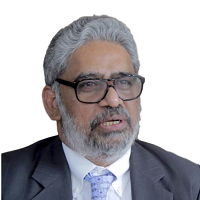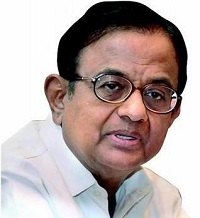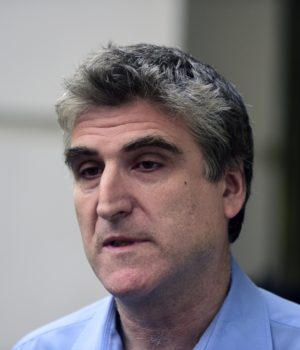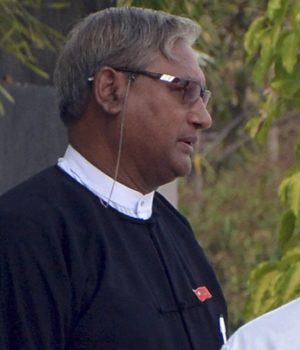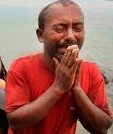Amidst the ongoing elections in Uttar Pradesh, the Supreme Court of India has said that they will ask the trial court to conduct a joint trial in the decades-old Babri mosque demolition case. On 6 March 2017 the Court indicated that senior BJP leader LK Advani and other BJP leaders may face trial in the Babri mosque demolition case. The court is expected to announce its order on 22 March as to whether conspiracy charges will be revived against Lal Krishna Advani and a dozen other leaders including Murli Manohar Joshi, Kalyan Singh, Vinay Katiar and Union Water Resource Minister Uma Bharti or not. The Supreme Court’s observation has created furore inside the Bharatiya Janata Party. Political analysts feel that the opposition parties will try to reap benefits from the issue.
The Central Bureau of Intelligence (CBI) has challenged the Allahabad High Court order in May 2010 confirming the lower court’s decision to drop conspiracy charges against the BJP veterans. Accordingly they were released by a court in Raebareli from conspiracy charges.
But the highest court on Monday told the CBI, “We will not accept the discharge of Mr Advani and others on technical grounds. We will allow you (CBI) to file a supplementary charge sheet against 13 persons by including the conspiracy charges. We will ask the trial court to conduct a joint trial.”
The 16th century Babri mosque (Mosque of Babur) in Ayodhya, Uttar Pradesh, was razed to the ground on 6 December 1992 by Hindu activists who believed it was built on the birthplace of Lord Rama. This act changed the face of Indian politics and caused a deep rift between the Hindu and Muslim communities.
According to the mosque’s inscriptions, it was built in 1528–29 CE (935 AH) by Mir Baqi, on orders of the Mughal emperor Babur (after whom it is named).
It was alleged that lakhs of hindu activists who called themselves Karsevaks (volunteers) actively participated in pulling down the historical structure. On and before the demolition of the mosque, important BJP, Viswa Hindu Parishad and Rashriya Swangsevak Sangha leaders gave provocative speeches and instigated the Karsevaks to demolish the structure.
There are two cases in court regarding demolition of the mosque. The main case against the activists, who called themselves Karsevaks, is pending in the Lucknow trial court. The other case is against Advani and the other BJP leaders who were on the dais at a raised platform around 200 metres from the mosque site, where many provocative speeches were allegedly made.






